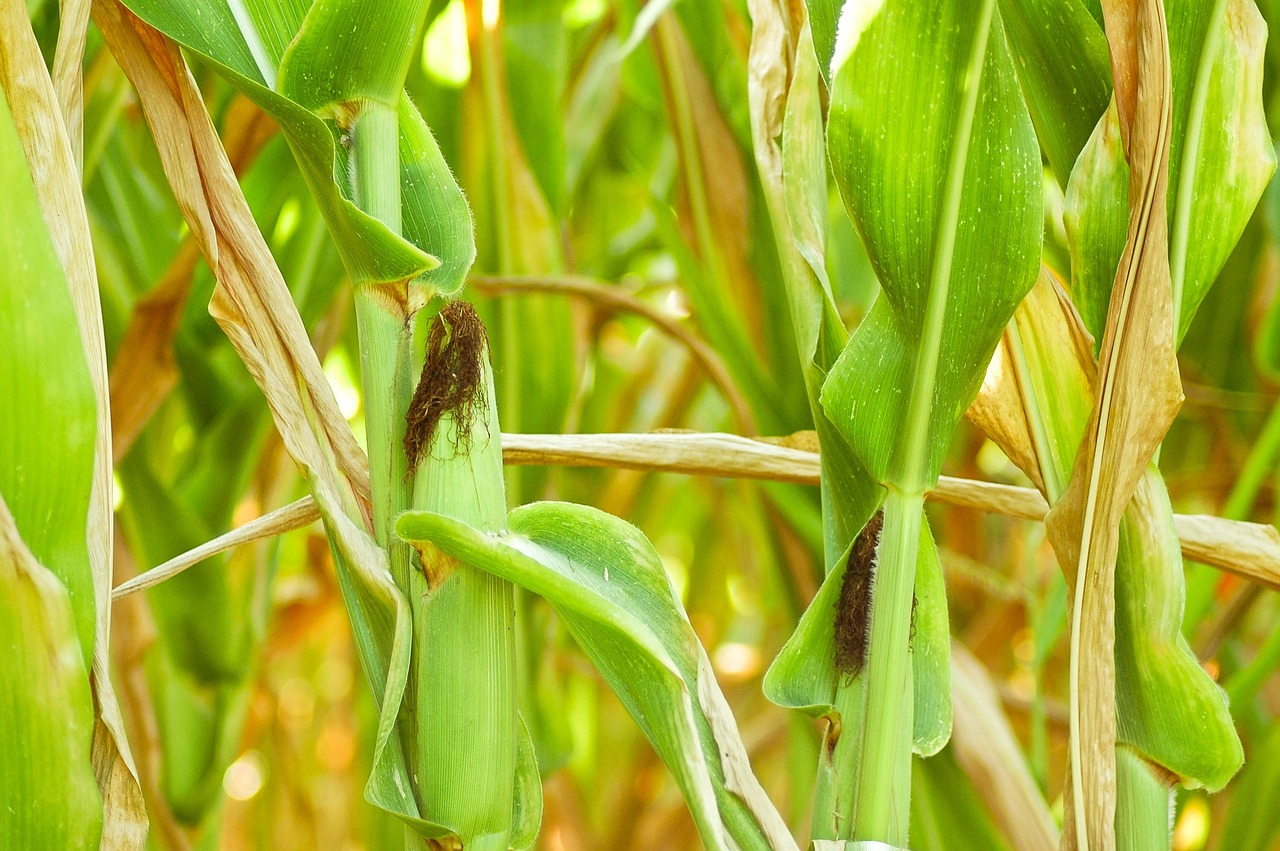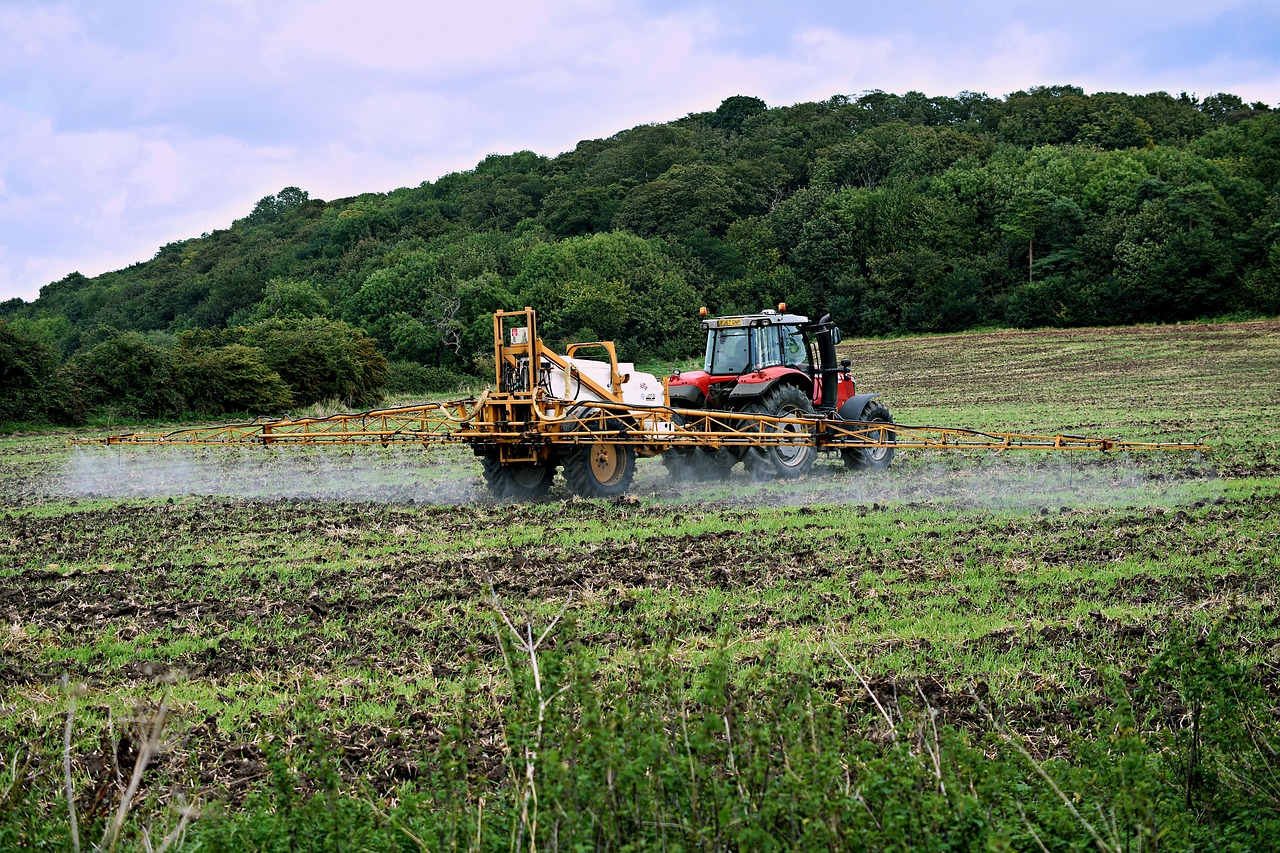
The Agriculture Minister noted that nature conservation programs can only be successful if partners are found.Continue reading

The safety of the food chain must be guaranteed from its roots, i.e. from plant protection, which is why the professional up-to-dateness of plant healthcare specialists is not only a scientific but also a social interest, said István Nagy at the 70th Plant Protection Science Days event at the Budapest campus of the Hungarian University of Agriculture and Life Sciences.
The Agriculture Minister pointed out that the cooperation of plant protection specialists and the combined application of integrated pest management methods ensure the production of healthy food while protecting the environment. In this process, the knowledge of plant healthcare specialists is of particular importance. “The world is changing day by day and therefore plant protection experts need to respond to social and climatic challenges. Precision crop protection must be based on both biological and chemical solutions,” he added.
The minister pointed out that
the use of pesticides in Hungary has been below the EU average for years.
At the same time, he said, he was convinced that while reducing emissions, the country’s crop safety must be preserved. Therefore, the focus should not only be on reducing the quantity, but also on reducing the risks of pesticide use. Thus, particular attention should be paid to the widespread practical implementation of integrated pest management. István Nagy considers it a major achievement that in line with the Hungarian position, the European Commission has withdrawn its draft regulation on the sustainable use of plant protection products.
Via MTI, Featured image: Pixabay